“The liberal order was composed of an international dimension managed mostly by the US and its closest allies, tasked with the prevention and management of the main crises. On the other side, several countries existed within a context in which the transition towards a free market economy and democracy seemed like an unstoppable process. Now both processes have ground to a halt. The international order is not working as it used to, as exemplified by the catastrophic example of Syria; and liberal democracies are going through a growing crisis of legitimacy” is the analysis of Alessandro Colombo, Professor of International Relations at the University of Milan and Director of the “Transatlantic Relations” Program at the Institute for International Political Studies (ISPI), commenting on the 2019 ISPI report “The end of an era. The drifting of the liberal order”.
 Is the centrality of the West also in doubt?
Is the centrality of the West also in doubt?
The West’s ability to stand as a modelis in crisis. While until a few years ago the synthesis of democracy and the market that originated from Western countries seemed to be a framework of reference for everyone else, today many countries no longer look at this model as a guarantee of success.
Who will be the main political actors in the coming years?
The two countries which can tilt the balance are the US and China. The growing temptation of the US towards disengagement could shift equilibriums. The same can be said of China, if it continues growing at the current rate, but also should it enter a crisis. That would really deal a death blow to the international liberal order.
How did the “divorce” between the US and the international order come about?
The crisis in American foreign policy and its ability to dictate the international agenda came about long before Trump. If we had to find a symbolic date it would be the year 2003, with George W. Bush’s unfortunate decision to invade Iraq which not only resulted in the shattering of the Middle East but also jeopardized the credibility and prestige of the US.
Trump is not responsible for the foreign policy crisis, but he adds a new element to it. Indeed, he has publicly questioned the whole framework of institutions and rules which the US had created and on which they have built their hegemony.
Trump is convinced that the US must disengage itself from these institutions in order to save the American hegemony.

The report talks about the “concrete risk” of the increasing divergence between democracy and liberalism. Why?
The relationship between democracy and liberalism has traditionally been problematic. The West has lived the whole 20th Century in a tremendous civil war concerning the meaning of democracy. Only in recent years have we begun using the word democracy on its own, in the sense that it can only be of the liberal kind. Up to the 1970s in Italy one did not speak of democracy on its own. The ambiguity that had always surrounded democracy in western political discourse has resurfaced in the past few years.
Is the European Union also in crisis?
The EU is in a crisis of its own; it regularly seeks external reasons for its troubles, blaming Putin one day, Trump or populism the next… but
the EU is undergoing a crisis because it missed a number of opportunities and became victim of the worst of political traps: self-indulgence.
It did not deal with a number of glaring problems which were obviously going to get worse. Now it is going through a severe crisis of cohesion and it must find a solution within: it cannot expect a new US or Russian President to deliver it.

Why should we worry about the falling apart of the liberal order?
Because in terms of discourse and institutions, there are no alternatives at hand. Unlike in the 20th Century, when political orders were indeed in crisis but there were potential alternatives, what makes the current political debate so despairing is that there are no coherent alternative suggestions in sight.
Is there also a role for the Church in this scenario?
The Church too is experiencing strong tensions from within, which revolve also around the current papacy. I don’t think that makes for a strong Church, and that is even more worrying because
all potentially strong actors are in crisis:
the US, Russia – which is much weaker than we are told -, China which is growing in an unbalanced way, and the EU which is going through a crisis of identity which we do not know if it will ever come out of. It is a context in which a number of players are incapable to properly fulfil their roles.










